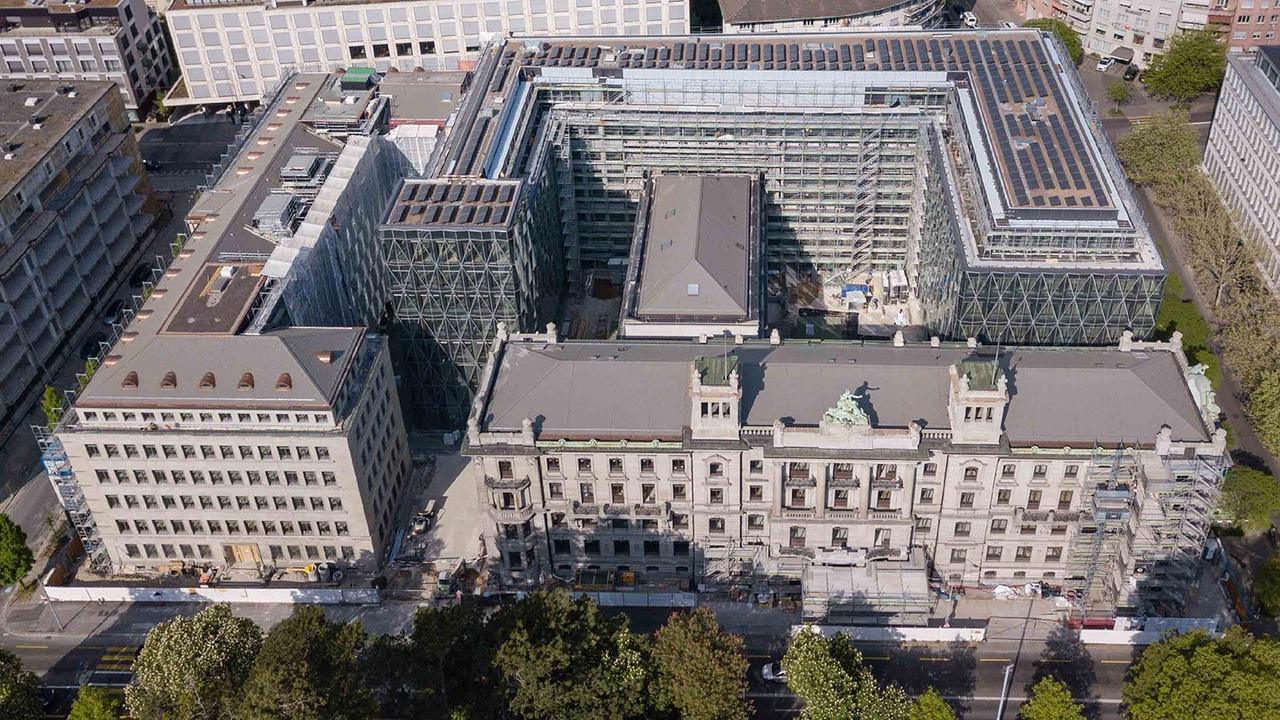Zurich Insurance to Require Investee Companies to Set Paris-Aligned Climate Targets
Engagement commitments form part of company’s new climate action plan
Zurich Insurance Group (Zurich) announced today the launch of a series of initiatives, encompassing the company’s investments, operations, products and services, aimed at accelerating the transition to a net-zero emission economy.
The company’s new commitments include new climate targets for its investments and operations, investment engagement goals and new targets for financing of climate solutions.
Zurich’s portfolio emissions reduction targets include 2025 goals to reduce the intensity of emissions of listed equity and corporate bond investments by 25%, as well as the intensity of emissions of direct real estate investments by 30%. In its own operations, the company is committing to absolute reductions in operational emissions of 50% by 2025, from a 2019 baseline. Zurich has operated as a carbon neutral company since 2014.
Zurich has pledged to engage with the companies producing 65% of portfolio emissions and lacking targets aligned with the Paris Agreement, requiring them to set Paris-aligned targets. Should engagement fail and companies refuse to set targets after due dialogue, the company stated that it will vote against board members at shareholder meetings.
The company climate solutions financing goals include commitments to increase allocations to climate solution investments, avoid 5 million tons of CO2-equivalent emissions per year through impact investments, and to contribute to a market environment that enables a growing pipeline of climate solution investments suitable to institutional investors.
Zurich Group Chief Executive Officer Mario Greco said:
“Our role as an insurer is to protect people and climate change is the greatest risk there is. We are using our influence as a global insurer and investor to drive deep cuts in emissions, because working with others is where we can make the biggest impact. Our own operations have been carbon neutral since 2014, and we’ve since been focused on reducing our remaining emissions. Over the next few years, big cuts will come from measures such as switching to renewable power and electric vehicles, savings in data centers and curbing business travel.”





